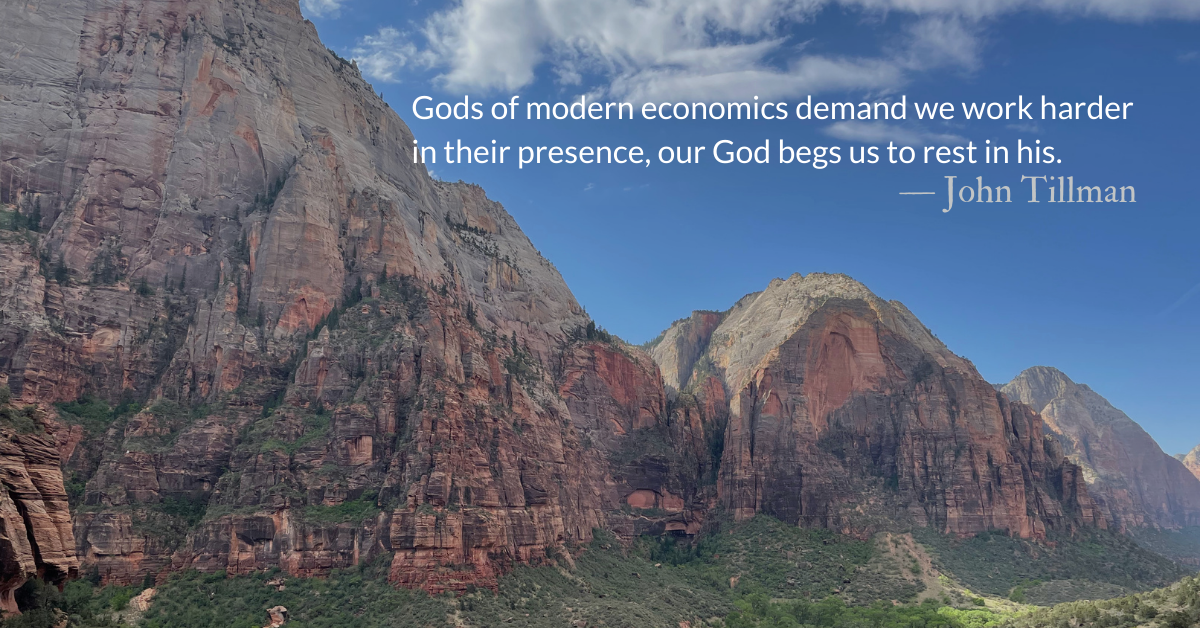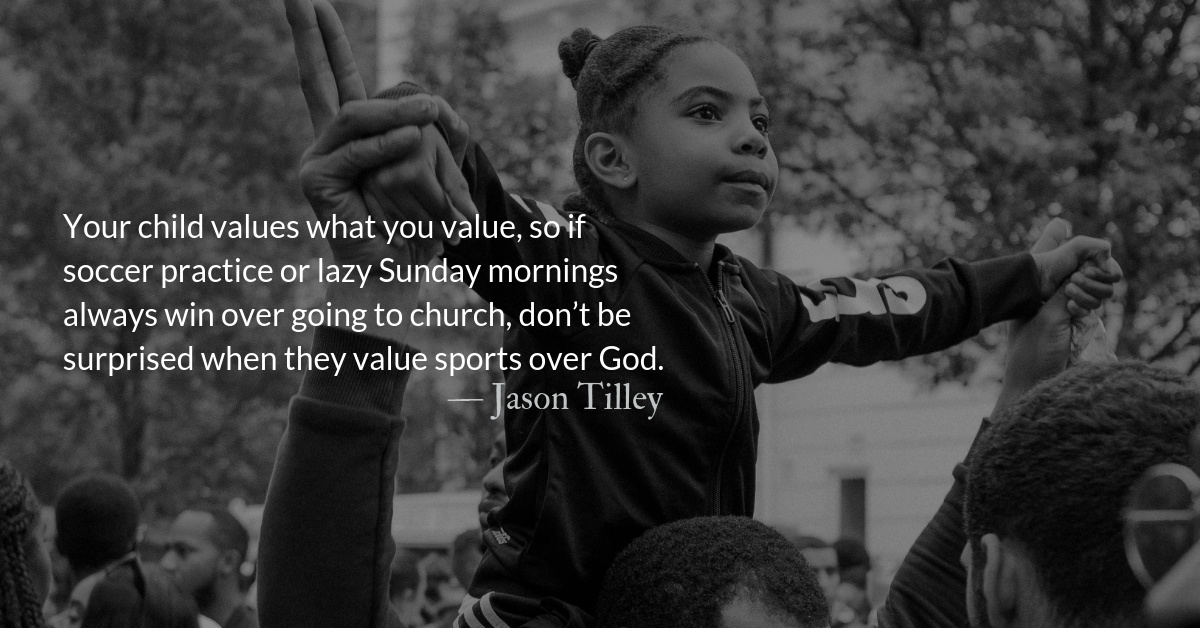Scripture Focus: Deuteronomy 5.28-29
28 The Lord heard you when you spoke to me, and the Lord said to me, “I have heard what this people said to you. Everything they said was good. 29 Oh, that their hearts would be inclined to fear me and keep all my commands always, so that it might go well with them and their children forever!
Reflection: The Heart of Christ in Deuteronomy
By L E Mulford
We see the Ten Commandments illustrated clearly in Christ’s Sermon on the Mount (Matthew 5-7). Christ expounded on the Ten Commandments, showing his desire for his people just as God the Father showed his desire for his people here in Deuteronomy 5.
This desire is deeper than a cursory obedience to the Ten Commandments. Christ referenced the sixth commandment in Matthew 5.21, but more than to “not murder” he wants us to find the root cause of why we murder. Hanging the Ten Commandments in a building just for show requires no more faith than a nail in a wall. Writing the Law of Love in our hearts puts nails through all our sins (Jeremiah 31.33). Christ takes each commandment and goes to the heart of each sin.
Christ’s message shows that the Ten Commandments were intended to be a gateway to loving God. The people heard God’s voice and were afraid (Deuteronomy 5.29). But just as God had graciously shared his heart with them, he wanted their hearts in return as demonstrated by the first commandment: you shall have no other gods before me. Christ repeated this idea by stating that the greatest of all the commandments is to love the Lord (Matthew 22.37).
But do any of these laws apply to us today? “In the land the Lord your God is giving you,” in verse 16, seems only to apply to ancient Israelites. And yet, in verses 3 and 4, Moses says that when God spoke to the Israelite ancestors, he was speaking to every Israelite. God is still speaking to us today. He wants more than mere obedience or lip service. He wants to write this law on our hearts.An overemphasis of the 10 Commandments in our lives makes us lose focus on Christ’s desire for our entire hearts: ‘Love the Lord your God with all your heart and with all your soul and with all your strength and with all your mind’; and, ‘Love your neighbor as yourself.’ (Luke 10.27) By following Christ in his selfless pursuit of love, we will more than surpass the legal requirements of the Ten Commandments. God gave us a glimpse of his heart with the Ten Commandments and gave us his entire heart in the gift of his son. How is the Spirit calling you to give more of your heart to him?
Divine Hours Prayer: The Request for Presence
Send out your light and your truth, that they may lead me, and bring me to your holy hill and to your dwelling;
That I may go to the altar of God, to the God of my joy and gladness; and on the harp, I will give thanks to you, O God my God. — Psalm 43.3-4
– From The Divine Hours: Prayers for Springtime by Phyllis Tickle.
Today’s Readings
Deuteronomy 5 (Listen 4:25)
1 Corinthians 15 (Listen 8:06)
Read more about The Broken Power of Death
For those in Christ, death is a toothless predator, a limbless wrestler, who cannot hold us down for long.
Read more about Who is the Sabbath There For?
Jesus says the sabbath is for humans, not for God. Our rest, observed rightly, is an act of faith…









